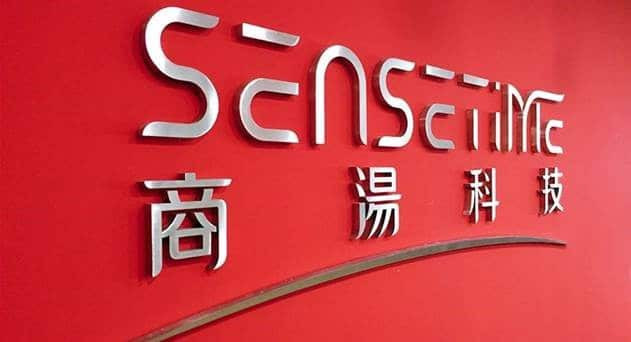SenseTime Group, a Chinese artificial intelligence startup, resumed its $767 million initial public offering in Hong Kong on Monday, a week after the company was removed from a U.S. investment blacklist.
The artificial intelligence startup will offer the same amount of shares to investors as it did following the U.S. listing of the company as a sanctioned entity. American investors are not included.
SenseTime, formed by a group of professors from the Chinese University of Hong Kong, would issue 1.5 billion shares at a price range of HK$3.84 to HK$3.99, valuing the company at a maximum of HK$133 billion (US$17 billion).
The AI company said it has the option of issuing a further 225 million shares if demand is strong. Monday through Thursday, the retail offering will take place in preparation for the company's shares to begin trading on the Hong Kong exchange on December 30.
SenseTime stated that its presence on the U.S. blacklist did not impose any limits on its business operations, but cautioned that the ensuing lack of U.S. investors could impede future capital raising and trading liquidity.
According to the latest terms of the IPO, the state-backed Mixed-Ownership Reform Fund and Shanghai Xuhui Capital Investment Co. have committed to purchasing the shares.
"Because the applicable U.S. legislation are dynamic and developing, we have been compelled to exclude American investors from the worldwide offering," which includes the Hong Kong issuance, the company said in a revised filing to the city's stock exchange. Sanctions still do not preclude a U.S. investor from purchasing or selling the company's class B shares, it stated.
The prospectus names China International Capital Corp., Haitong International Securities Group Ltd., and HSBC Holdings Plc as joint sponsors.
The US announced broad human rights penalties last week on dozens of individuals and entities linked to China, North Korea, Myanmar and Bangladesh, as well as adding SenseTime Group to an investment blacklist.
Canada and Britain joined the U.S. in imposing sanctions against Myanmar for human rights violations, while Washington also imposed the first new sanctions on North Korea under President Joe Biden's administration and targeted Myanmar military entities, among others, in commemoration of Human Rights Day.
China's embassy in Washington condemned the U.S.' action as "serious intervention in China's domestic affairs" and a "serious violation of basic international relations standards."
Liu Pengyu, the embassy's spokesman, said the decision will "significantly hurt China-US relations" and urged Washington to rescind it.






